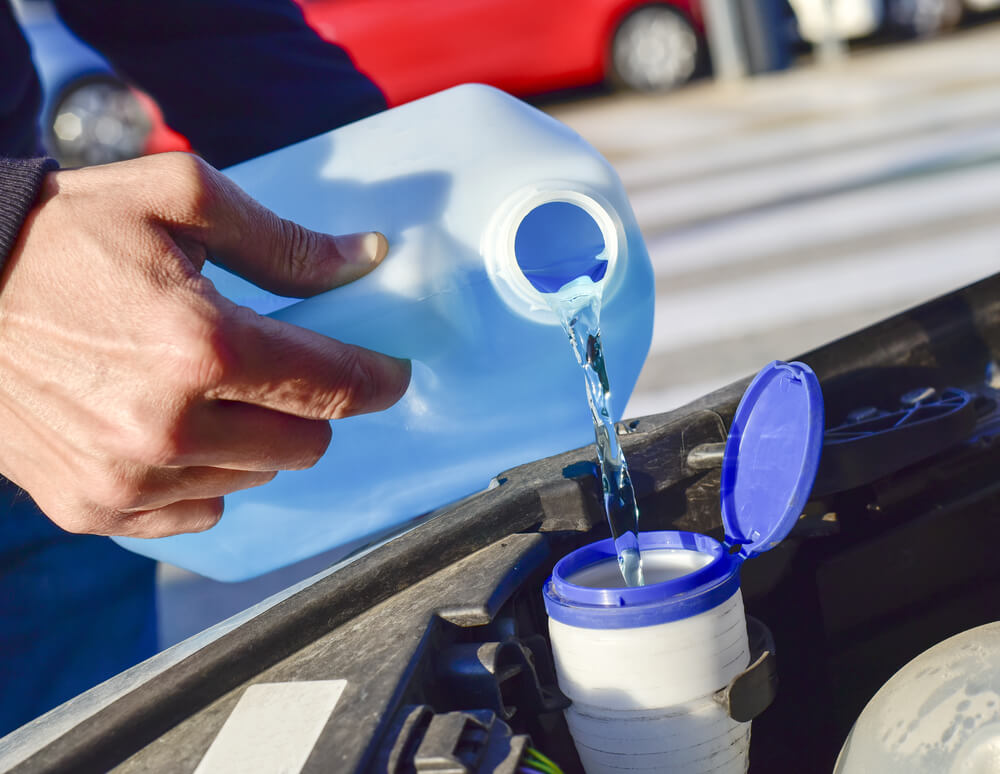Seven Simple Steps to Spring Car Maintenance
 Spring is the perfect time to give your car it’s annual once-over to be sure it’s in good working condition. Winter’s snow, ice, road salt, potholes, and cold temperatures wreak havoc on a car’s running systems. Yearly maintenance not only helps sidestep costly repairs down the road but also keeps drivers/passengers safe. The National Highway Traffic and Safety Administration reports that approximately 2,600 deaths a year occur from neglected vehicle maintenance so it’s crucial to be sure the following items are checked on your vehicle:
Spring is the perfect time to give your car it’s annual once-over to be sure it’s in good working condition. Winter’s snow, ice, road salt, potholes, and cold temperatures wreak havoc on a car’s running systems. Yearly maintenance not only helps sidestep costly repairs down the road but also keeps drivers/passengers safe. The National Highway Traffic and Safety Administration reports that approximately 2,600 deaths a year occur from neglected vehicle maintenance so it’s crucial to be sure the following items are checked on your vehicle:
Fluids: This includes, brake fluid, engine oil, transmission fluid, windshield washer fluid, and antifreeze/coolant. Often, a simple brake fluid flush can help sluggish brakes work as good as new!
Tire Pressure: Cold weather can reduce tire pressure so be sure to check tires (including the spare) to ensure they have the correct pressure. Look on the inside of your car door for the proper air pressure for your specific vehicle.
Hoses & Belts: Replace any hoses or belts that look worn or cracked. If they are older than five years, they may need to be replaced even if they appear intact.
Plugs/Wires/Batteries: Winter stress can compromise the performance of these components, especially if they are more than three years old. Test and replace any items that are not working properly and be sure your battery connection is free from corrosion.
Wipers: Replace worn wiper blades so that you can see clearly when driving during precipitation.
Air Filter: To keep your vehicle running smoothly and quietly, replace the air filter at least twice a year. This is a quick job that can be done in conjunction with routine oil/brake fluid changes.
Clean the Exterior/Interior: Since road salt can corrode and eat away the metal on the undercarriage of your vehicle, be sure to address this area when cleaning or taking to the local car wash. Additionally, take the time to declutter the interior of your car. Losing the extra weight can not only significantly improve gas milage, but unnecessary items rolling around in the car can cause a safety hazard by creating distraction for the driver and/or may get lodged under or around a gas/break pedal.
Keeping up with seasonal maintenance keeps you and your passengers safe while increasing the chances that you’ll see your vehicle’s odometer go to 200,000 miles or beyond!
